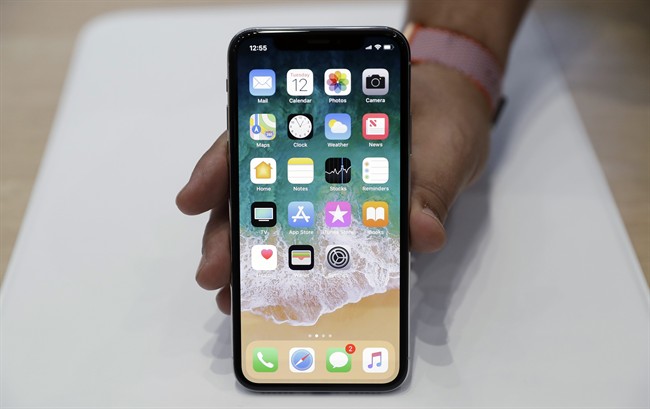On Sunday morning, I was watching a television piece about the chief executive of Microsoft. In the story, there were a number of examples of the ever-growing list of apps that are designed to help make life better for consumers. One app has been designed to help the blind by providing an audio option for users without eyesight to access options that might previously have been available only to those who can see.

Earlier, I had been reading a piece about researchers at the University of Alberta who are trying to find ways to allow our personal records to follow us wherever we go and to make information from that data available to the medical community, including first responders, whenever and wherever we happen to be at the time.
There’s no question these kind of inventions would be useful and, in some cases, even life-saving. But what do we give up if this much data about us becomes accessible?
Finding the balance in this debate will be the subject of the National Privacy and Data Governance Congress from March 6-8 at the Carriage House Inn in Calgary.
“The scary thing is how much product manufacturers like automakers can learn about us without our knowledge,” Privacy and Access Council of Canada president Sharon Polsky told me recently. “We don’t realize how much information the computer technology in our vehicles can provide to an automaker or what that automaker does with the information. The automaker seems to think that buying or renting the vehicle constitutes consent. I don’t think that’s the case at all.”
Tom Keenan, faculty of design professor at the University of Calgary, agrees.
“I helped write some of the early legislation on the subject of privacy and data access,” he told me. “This was back in the day when we were just starting to see computer-generated programs coming into existence. Now, we’re beginning to realize that big data is limitless. There’s no system that has been designed that cannot be hacked. And we’re a long way away from having the tools or the people to prevent our data networks from being invaded by unknown predators.”
That’s a scary thought to many of us who use digital technology so often in our daily lives. It’s nice to have the ability to do so many things over the internet. But at what price? And when will the bill arrive? We may find out there’s an awfully high price to pay for convenience.






Comments